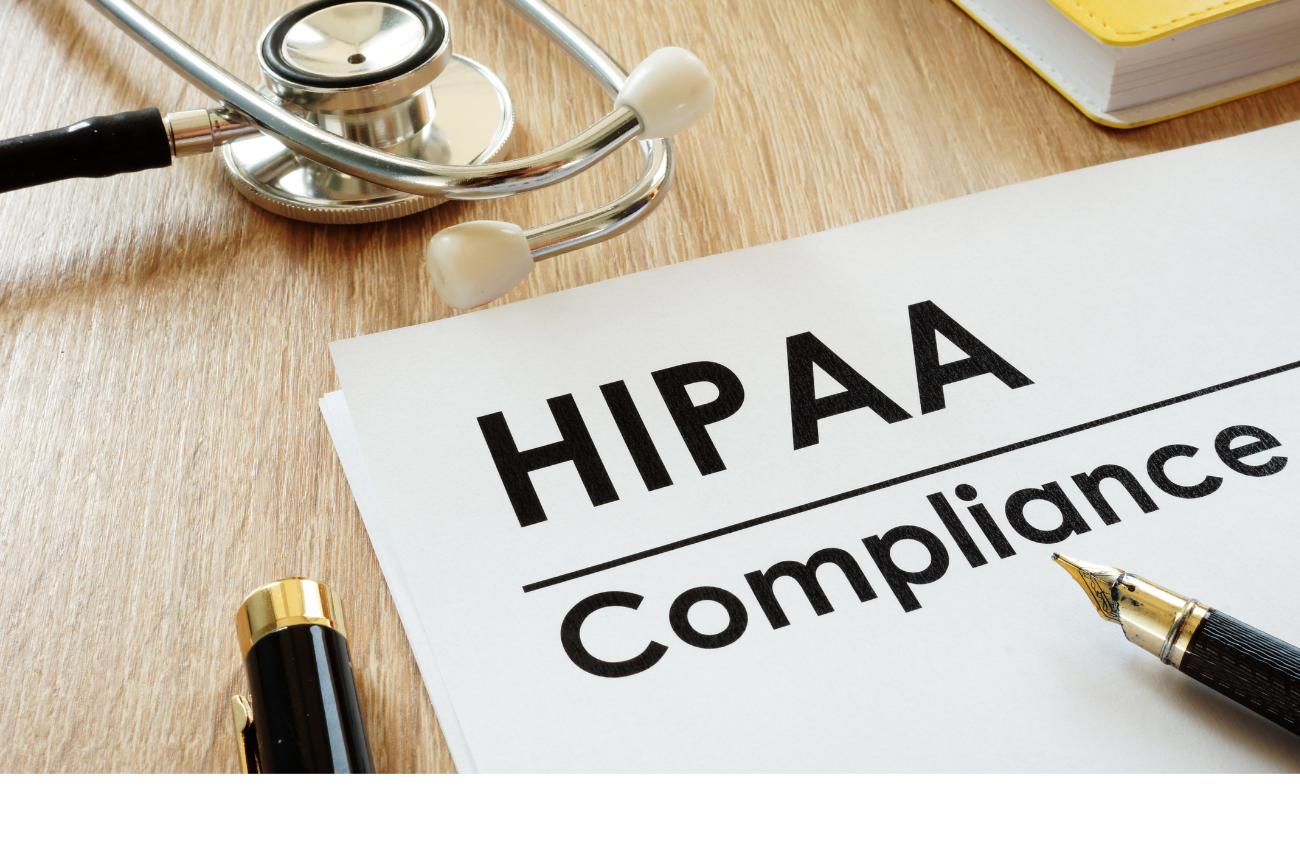In today’s digital age, data security in healthcare is more critical than ever - and small private practices, who usually lack dedicated IT teams, are particularly vulnerable to data breaches and compliance risks. As cyber threats evolve, healthcare providers need to adopt proactive security measures to protect patient information and maintain compliance with regulations like HIPAA.
Why Data Security Matters
Patient data is among the most sensitive types of information, and breaches can have severe consequences, including:
- Financial penalties for non-compliance with HIPAA regulations.
- Reputational damage leading to loss of patient trust.
- Operational disruptions due to ransomware attacks or system breaches.
The penalties, reputational damage and disruption of a breach or non-compliance with HIPAA can put a practice out of business - and several independent clinics have faced significant HIPAA fines in recent years, demonstrating how costly noncompliance can be.
For instance, Health Specialists of Central Florida paid $20,000 for failing to provide timely access to patient records, New Vision Dental was fined $23,000 for improperly disclosing patient information, and Metropolitan Community Health Services paid $25,000 for neglecting to implement essential security measures.
Key Security Measures for Healthcare Practices
For independent providers and small practices, implementing strong data security protocols is essential, and needs to happen early on in the clinic start-up process - though it’s never too late for those who want to go back and strengthen their approach.
Here are the top considerations:
- Know the rules - To ensure HIPAA Compliance, you need to familiarize yourself with all the applicable Privacy and Security Rules, breach notification policies, and employee training requirements. Need help? Read the original HIPAA text here.
- Build out your practice policies - Conduct an initial risk assessment to identify vulnerabilities and craft your practice’s security procedures, then educate staff on data security best practices to prevent human errors leading to breaches.
- Get the right tools in place - Get the right firewalls, hardware and software in place to secure your patient data and communications. Need help? One of the biggest decisions is picking your EMR - Check out our HIPAA-compliant EMR checklist for your staff
As Odia Russette, DNP, APRN, an Advanced Practice Provider Compliance Coordinator and co-owner of Valiant Health, notes, "There are still people who believe that they are 100% secure out there in the digital world. And we're just not. So having that ability for people to send messages through the [patient] portal is probably one of my favorite OptiMantra tools."
TIP! Read more about how Odia, DNP, APRN, and compliance coordinator tackled the security set-up for Valiant Health.
Staying Ahead of Emerging Threats
Cybersecurity threats are constantly evolving, with AI-driven attacks becoming a growing concern. Healthcare providers should:
- Monitor industry trends and adapt your cybersecurity strategies accordingly.
- Regularly update their security protocols and training programs - and keep training your team on them.
- Ensure your team understands HIPAA requirements with HIPAA Journal's HIPAA Training.
- Collaborate with trusted IT and EMR providers to ensure the highest level of protection.
- Practice caution when using AI to make sure you are compliant with the latest regulations.
According to Odia,
"It’s important to take a HIPAA compliance course from an administrator’s viewpoint. Many clinicians starting their own practices don’t fully understand what goes on behind the scenes. Taking the time to learn these aspects is essential to staying compliant and protecting patient data."
Conclusion
Data security should never be an afterthought in healthcare. Practices that invest in strong security measures from the start—like Valiant Health—set themselves up for long-term success while ensuring the safety of their patients’ personal health information. With the right tools, including secure EMR systems like OptiMantra, independent providers can achieve HIPAA compliance, streamline operations, and build a foundation of trust with their patients.





